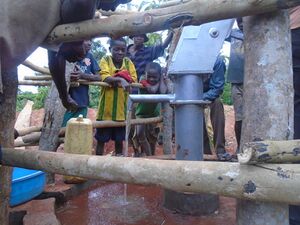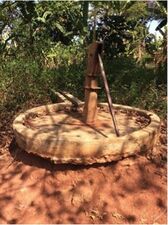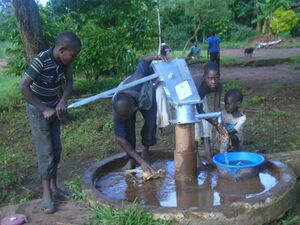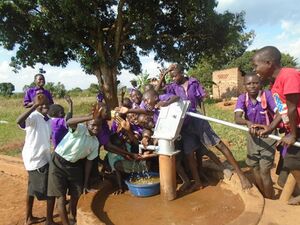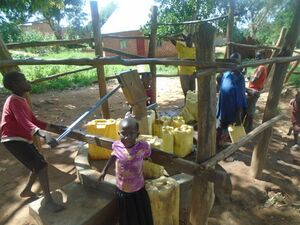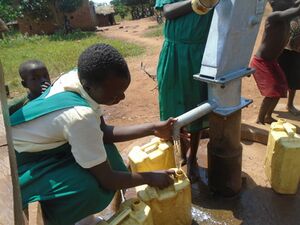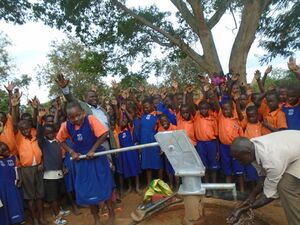Refurbished Water Wells Save Lives in Uganda: Difference between revisions
(Updated problems) |
(Updated projects) |
||
| Line 32: | Line 32: | ||
|scraped_from=GlobalGiving | |scraped_from=GlobalGiving | ||
|feature_image=File:ph_47702_183579.jpg|Another successful BWF Well | |feature_image=File:ph_47702_183579.jpg|Another successful BWF Well | ||
|images=[[ | |images=[[File:ph_47702_183569.jpg|Abandoned Well,File:ph_47702_183574.jpg|Water Flows Again,File:ph_47702_183575.jpg|Boys Celebrating Water Well,File:ph_47702_183576.jpg|Kids Collecting Well Water,File:ph_47702_183577.jpg|Girl Collecting Domestic Water,File:ph_47702_183578.jpg|Working Well on School Grounds,]] | ||
|coordinate=, | |coordinate=, | ||
|geo_id=226074}} | |geo_id=226074}} | ||
Latest revision as of 13:10, 5 August 2023
| Organization | BridgIT Water Foundation |
|---|---|
| Region | India |
| Website | Website |
| N/A | |
| ProjectLeader | Tom Webber |
| Linked Problems & Solutions
|
|---|
Without maintenance funds, perfectly good water wells fall into disrepair, and rural Ugandan women and children are forced to again walk miles to collect often contaminated surface water. Refurbishing these wells, often simply by replacing broken pump hardware, profoundly changes the villagers' lives by giving them the basic human right of safe, clean water. People's health improves immediately when they stop using contaminated water sources. Please support safe, clean water for the people.
Challenge
Water wells that tap deep aquifers are a lifesaver for rural villagers in developing countries because the alternative is to collect domestic water supplies from essentially mud puddles often shared with animals. In many instances, perfectly functional wells were built, but over time they fell into disrepair. Without a maintenance fund, and without Water User Committees to manage the resource, the wells became useless to the local villagers.
Long-Term Impact
Women will save hours per day previously spend searching for water, giving them the time and opportunity to start or develop entrepreneurial businesses. Family livelihoods improve from the new sources of income and because health care expenses drop when waterborne diseases become rare. Children, and particularly girl children, will spend more time in school, giving hope for the future. Women are required to be members of the Water User Committee so they are empowered within the community.
References
- http://www.bridgitwater.org/
- http://www.bridgitwater.org
- https://www.facebook.com/BridgIT.W.F/
- https://www.facebook.com/Suubicommunityprojects/
- https://scpuganda.org/
Additional Documentation
https://www.globalgiving.org//pfil/47702/projdoc.pdf
Project Gallery
